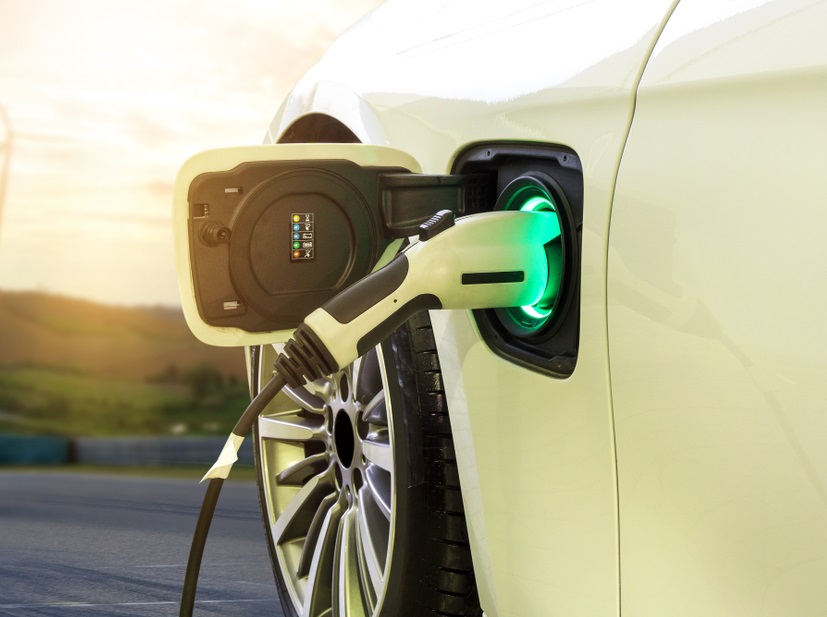“Would love to be there this year. If not, definitely next!” Tesla’s Chief said in a Twitter post. The race to launch electric cars in India is now on. Local and international manufacturers are releasing new cars studded with batteries such as lithium-ion.
India aspires to see all three-wheeler vehicles run on batteries by 2023. Over the next two years, the government wants to see all two-wheeler vehicles use batteries. For this to happen, the government is offering incentives for car manufacturers to develop new EV models and release them in the market.
The current government has set a path for electric vehicles in the country through the National Electric Mobility Mission Plan (NEMMP) 2020. The centre set a target to achieve 6-7 million sales of electric vehicles in the country by 2020.
Why does India need electric cars ?
Ranked as the 5th most polluted country in the world, India needs urgent action to tackle the loss caused by growing pollution. Electric cars can help in the fight against fossil fuels and the increasing use of coal in the country.
With the initial push to deploy two-wheelers and three-wheelers on the roads, it is to initiate sales in the sector. The real change is possible when public transportation and cars come with batteries to make these possible manufactures are now developing and coming out with new models.
Available electric models
Car Models in the electric sector have launched in recent times. These cars are mainly developed by Tata, Mahindra, and Hyundai, but to fight the challenge posed by traditional petrol or diesel-based models and make India an EV nation, we need many more.
Current electrical models available in the markets are built by Hyundai, like the Hyundai Kona Electric. Mahindra e-Verito and Mahindra e2o by Mahindra Group, Tata Tigor EV and Tata Nexon EV by Tata Motors.
With CEO Elon Musk saying Tesla will launch its products by this year or definitely next year. Many Indian and international automakers understood how EV cars would revamp the market structure. Now all these manufacturers have started testing their Electric models to understand the Indian market.
On-road challenges
India being a middle-income country, citizens often attract low-cost cars unlike those in developed countries. The average on-road price for an electric vehicle is huge and not attractive enough for customers.
Hyundai Kona electric costs Rs 24 lakh on-road, this price tag is hefty for a normal customer who can buy an economical car with a budget around 6 lakh. Other electric models such as Tata Nexo EV and Tata Tigor EC also cost more than 10 lakh.
As of 2018, India has just over 650 charging stations. Meanwhile, China had more than 456k charging points all over the country. Additionally, we lack the private parking space that is seen as a hurdle in adopting electric vehicles.
According to research by Maruti Suzuki, nearly 60 percent of Indian auto customers don’t own parking space for their vehicles. This is a huge challenge as these customers have no option but to charge their vehicles and end up opting for a traditional fuel-based car.
The government’s support
The Indian government has a goal of making 30 percent of Indian vehicles on the road electric by 2030. To achieve this, the government has taken steps starting from 2019 to promote the sale and development of electric vehicles in the country.
By introducing special policy measures GST has been slashed to 5 percent from 28 percent for combustion vehicles. Through FAME II, the government allocated Rs 10k crore to push electric mobility in the country.
The union cabinet proposed customs duty exemption measures on EV parts such as onboard charger, e-compressor, electric drive assembly, and a charging gun focusing on costs cut down. More than a dozen states have proposed electric vehicle policies and recently Delhi also proposed a new policy.
The reality of switching to electric cars
According to various media reports, the current EV vehicle sales are only 1 percent of the total vehicle sales in India. Of the total EV vehicle sales, 95 percent of sales are electric two-wheelers. Just over 1500 electric vehicles were sold between April and December 2019.
The pandemic has further collapsed the sale of Two-Wheeler vehicles completely. People’s interest in buying two-wheeler electric but not cars shows that India is a price-sensitive market where people fear taking a risk.
With the market facing new challenges like the reducing sale of traditional fuel vehicles. The demand for electric vehicles is not yet clear in the market. Thus switching to electric cars will take more time than anticipated. But industry experts are optimistic and hoping the shift will happen soon, citing reasons such as growing start-ups and advancements in the EV segment.

